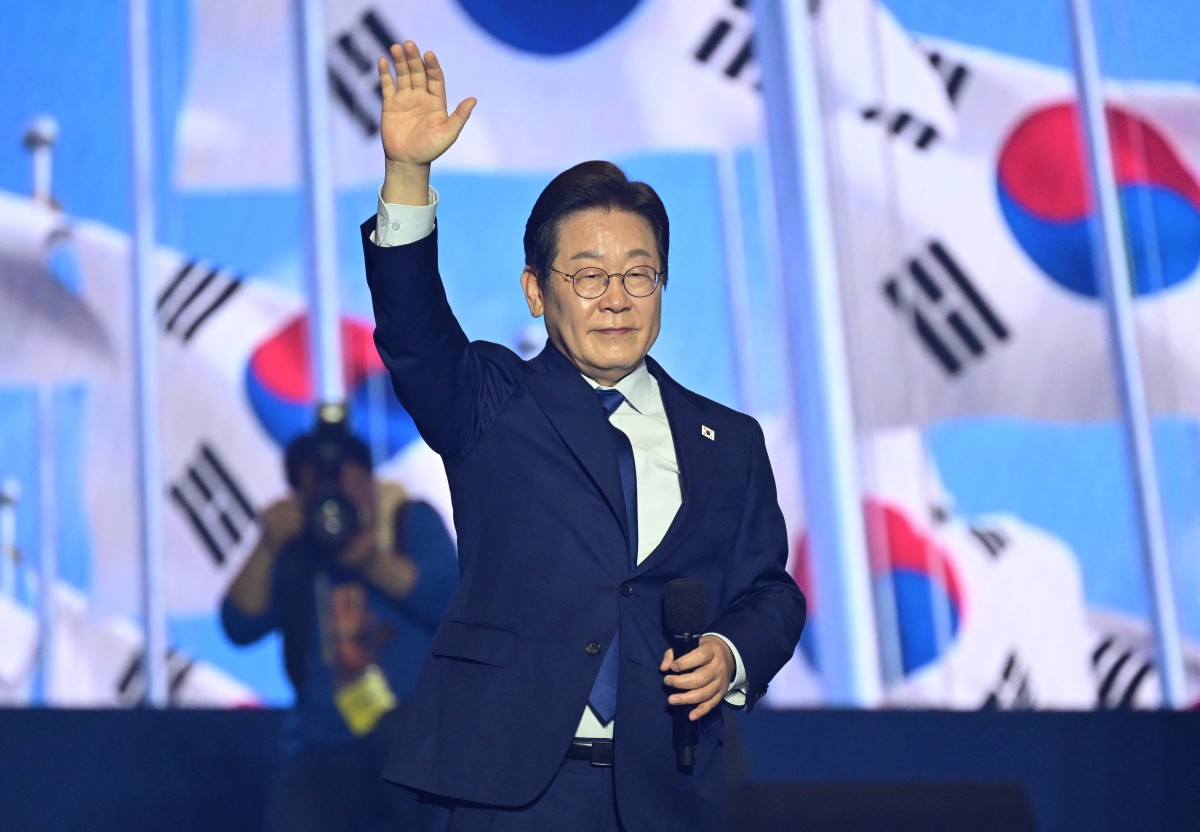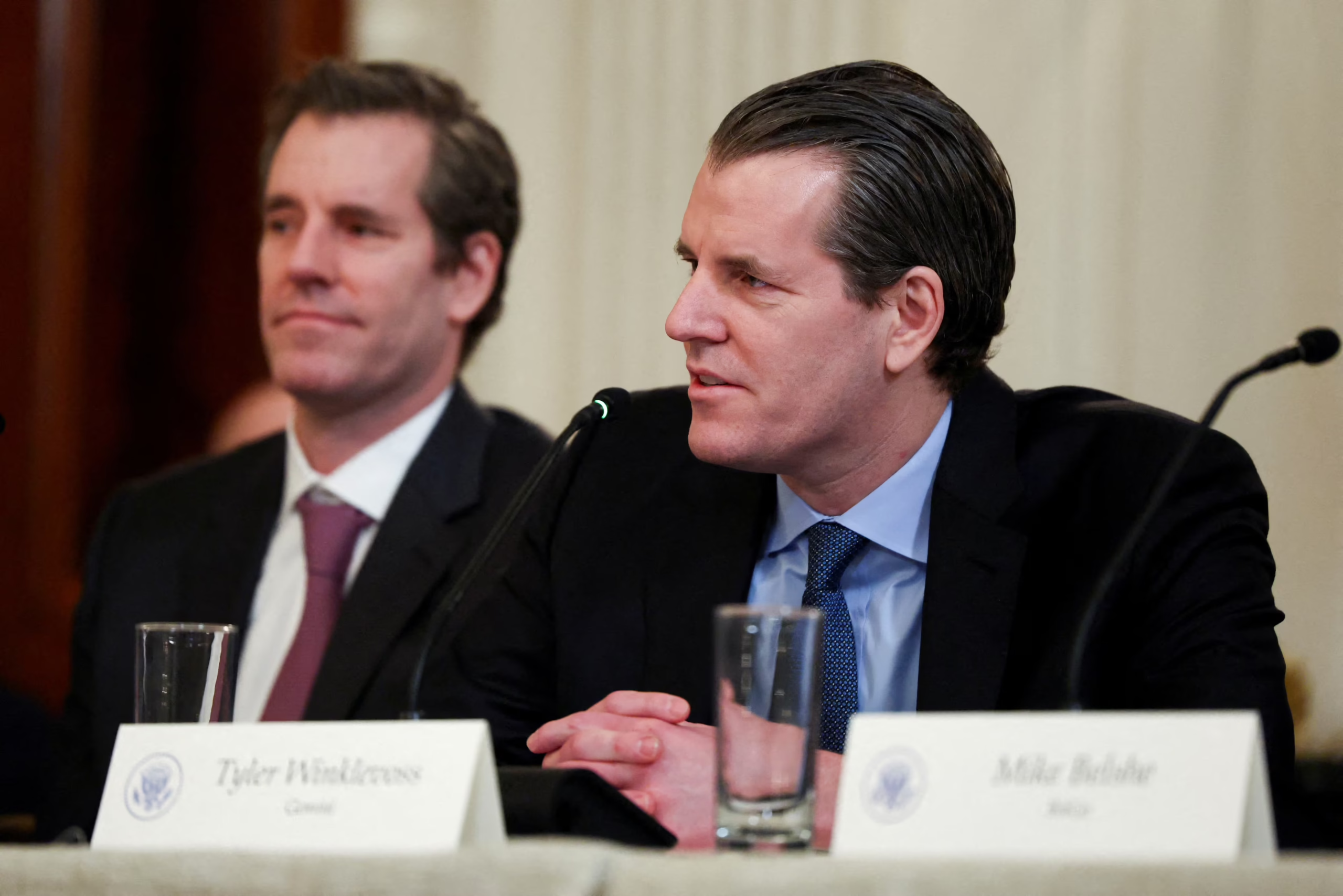South Korean presidential hopeful Lee Jae-myung has unveiled a sweeping crypto-friendly agenda, vowing to legalize spot cryptocurrency exchange-traded funds (ETFs). He also vowed to build a safer, more accessible digital investment environment, especially for the country’s younger generation.
With the June 3 presidential election fast approaching, Lee, the Democratic Party’s candidate, has made it clear that digital assets are a central pillar of his economic platform.
Crypto as a Wealth-Building Tool
In a May 6 social media post, Lee positioned crypto as a pathway for young South Koreans to “build assets and plan for the future.” He pledged to support spot crypto ETFs and enhance investor protections through a unified oversight system that would improve transparency across digital markets.
Lower Fees, Clearer Rules
Lee’s broader reform package includes plans to reduce crypto trading fees and overhaul current regulations. These moves are aimed at transforming crypto into a more stable and legitimate asset class for the everyday investor, especially those locked out of traditional asset markets like real estate.
Targeting the Crypto Vote
The proposals come as politicians from both major parties compete for the support of South Korea’s roughly 16 million crypto users, an estimated 36% of the voting population. Younger voters, many of whom have turned to crypto amid rising housing and stock prices, are seen as a decisive bloc.
To shape its policy, the Democratic Party has enlisted Professor Kim Yong-jin, a token securities expert, and backed a draft bill called the Digital Asset Promotion Basic Act. The legislation aims to lay the groundwork for a more regulated and innovation-friendly crypto landscape.
Rival Party’s Competing Vision
The ruling People Power Party is also making crypto a central campaign issue. In April, it unveiled a seven-part strategy that includes approving spot Bitcoin ETFs, ending the one-exchange-one-bank rule, opening crypto trading to institutions, and introducing a stablecoin regulatory framework aligned with global standards.
Representative Park Soo-min stressed the urgency, warning that South Korea can’t afford to lag behind jurisdictions like the U.S. and Hong Kong.
To underscore its commitment, the People Power Party is forming a special crypto committee under its presidential candidate Kim Moon-soo, who has expressed concern over the lack of protection for millions of Korean crypto investors.
As crypto becomes a key election battleground, both parties are betting that their digital finance agendas will help tip the balance in what is expected to be a closely fought race.





